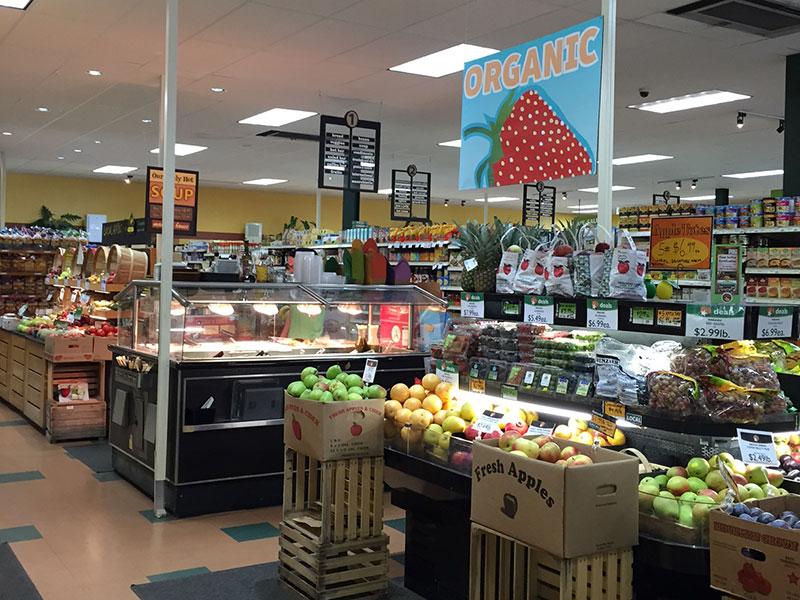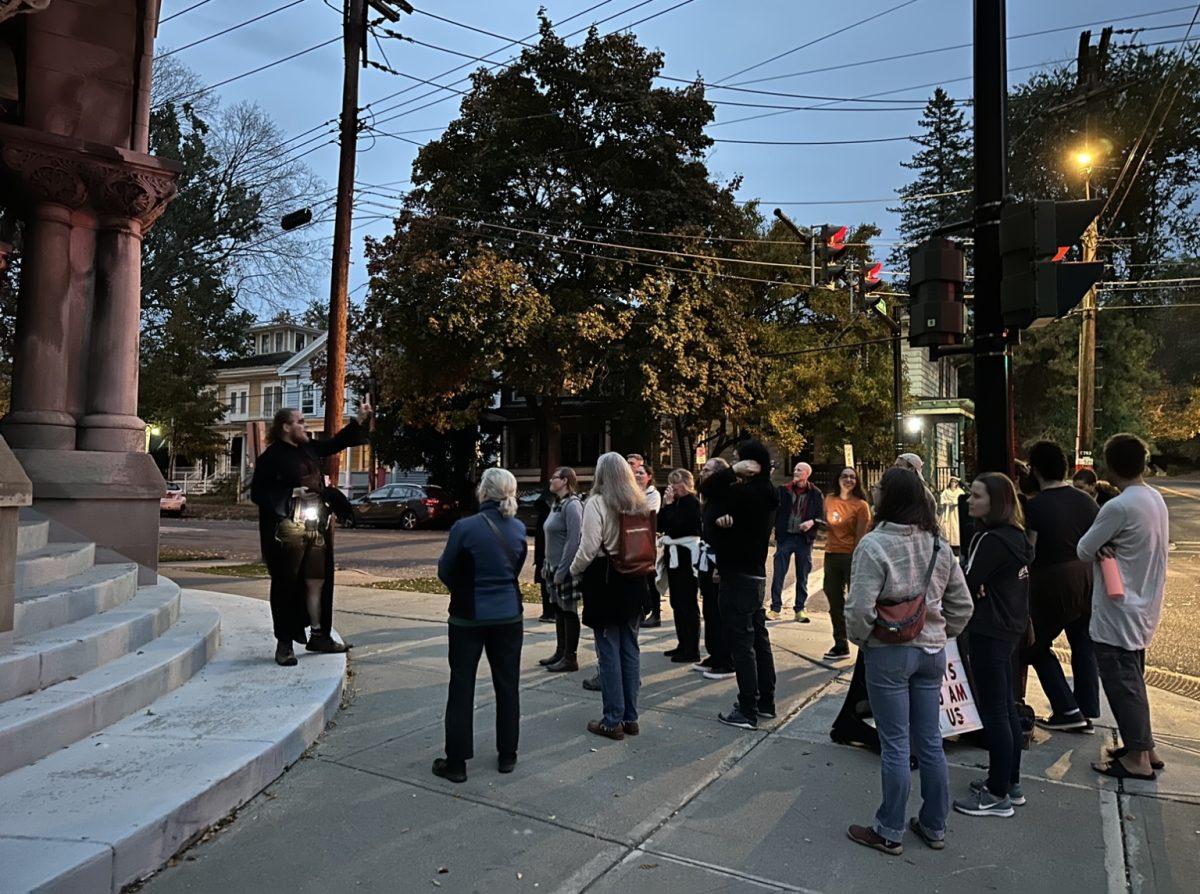GreenStar Co-op announced last week it will open its third store in Ithaca on College Ave. in 2016, reflecting the rise of cooperative businesses across the country.
GreenStar Co-op, a community-owned natural foods market created to provide Ithaca residents with locally sourced food, has been around for more than four decades. But in the last three years, the number of co-op businesses in the U.S. has grown by a third.
Today, the the U.S. Federation of Worker Cooperatives estimates the nation has about 300 worker cooperatives in various industries, compared to the amount documented by the University of Wisconsin’s Center for Cooperatives in April 2011. At that point, the state of New York had 13 co-ops. Today, there are 20 in New York City alone.
In June, the New York City Council approved a $1.2 million grant called the Worker Cooperative Business Development Initiative. Eleven worker cooperative support organizations, including the Federation of Protestant Welfare Agencies, received portions of the grant ranging from $35,000 to $230,000, Antoinette Isable-Jones, FPWA communication director, said. The money will be used to develop 28 new co-ops and provide support to 20 existing co-ops.
“Worker-owned cooperatives are known to increase worker wages, provide improved working conditions, but also contribute to a sense of pride amongst workers and foster a new era of community entrepreneurs,” Isable-Jones said. “With this first-time-ever grant, we are excited about the opportunity for New York to become a model and national leader in creating a thriving cooperative economy.”
Weavers Way Co-op of Philadelphia, which serves 5,200 households, has seen a 12 percent growth in sales in the last year, General Manager Glenn Bergman said. That growth compares to a national average of 2.4 percent for all grocery stores reported by the U.S. Department of Commerce.
GreenStar and Weavers Way Co-ops are both part of national group of cooperatives called the National Cooperative Grocers Association.
“We share information with other co-ops, and we also work together, and we go to meetings together, and we purchase together to get better pricing,” Bergman said.
Association members share more than just tips and suppliers — they also share values that have proven successful for the cooperative business model.
“I like the fact that the profits go back to the community, the members, or [the] staff,” Bergman said, noting that the co-op also provides health insurance, vacation time and sick time to employees, as well as nonprofit support to the local community.
Joe Romano, marketing manager for GreenStar, said the community-oriented nature of the co-op has been key in GreenStar’s success, ultimately leading to its expansion into catering, a public gathering space, a nonprofit, and now its Collegetown store.
In a community of more than 30,000, GreenStar boasts nearly 10,000 members.
“That tells me very clearly that we’re meeting the needs of the community, which is obvious because the community started the business to meet their needs,” Romano said.
Romano moved to Ithaca and started working in an entry-level receiving position at GreenStar 15 years ago. He said he didn’t care what he was doing — he just wanted to work at the co-op. Today, he said he couldn’t be more proud of his role to better the Ithaca community.
“It’s important because it is part of the community of Ithaca. It’s owned by the community,” Romano said. “There’s no Mr. GreenStar that’s going to get a yacht at the end of the year. If we do well, the community does well.”







